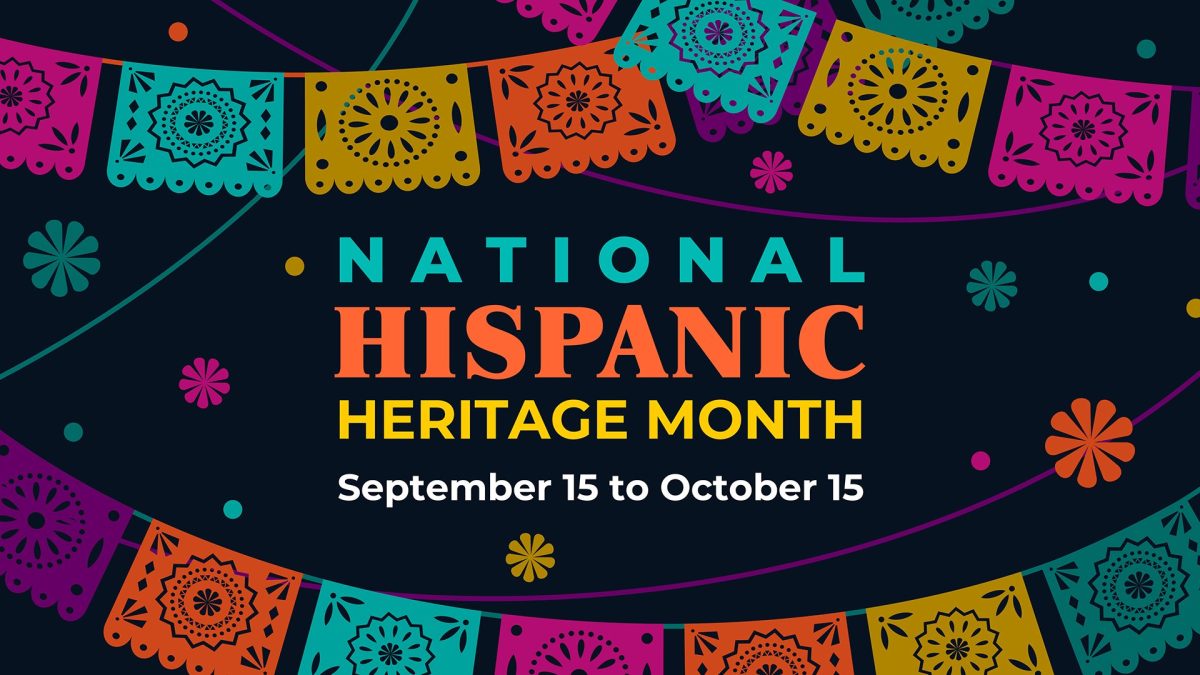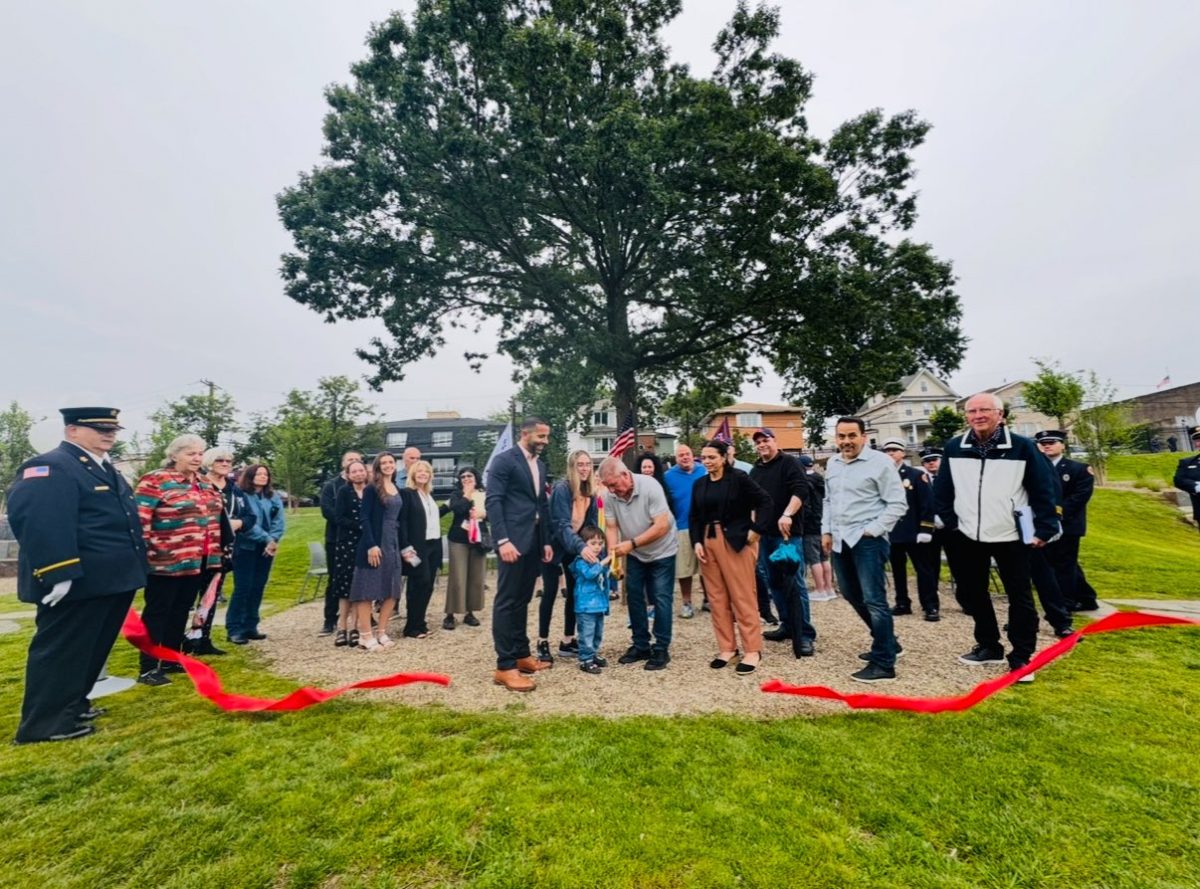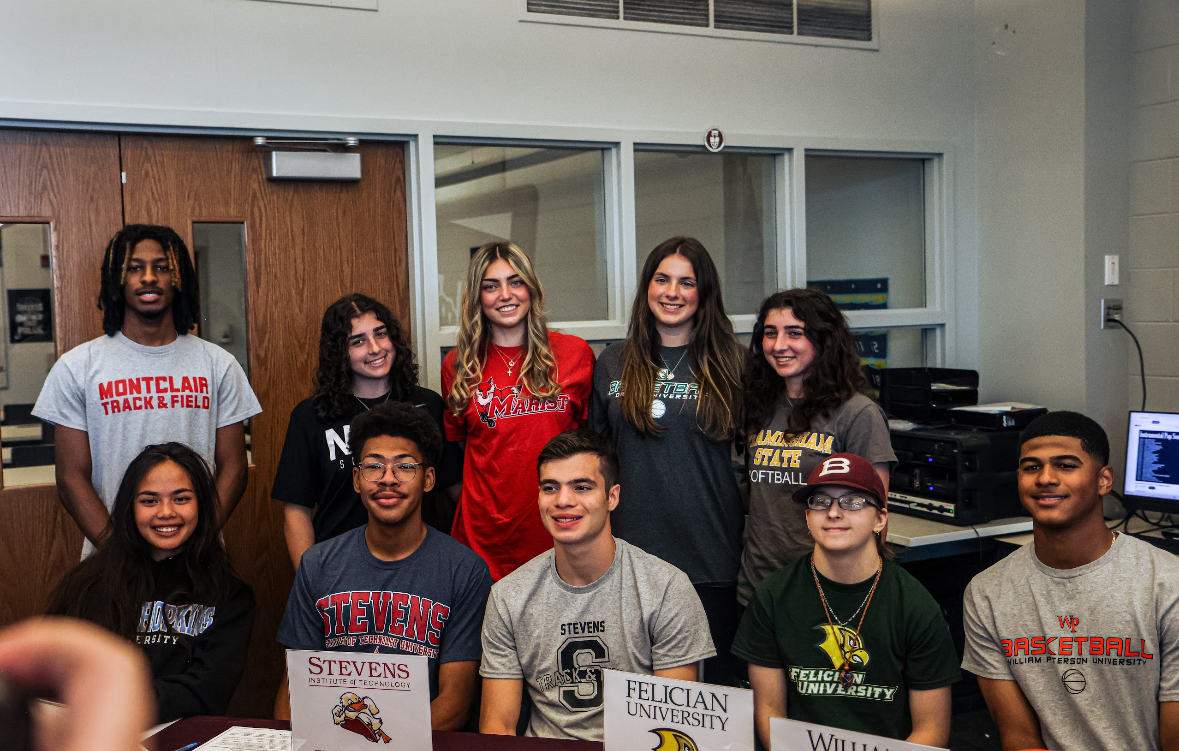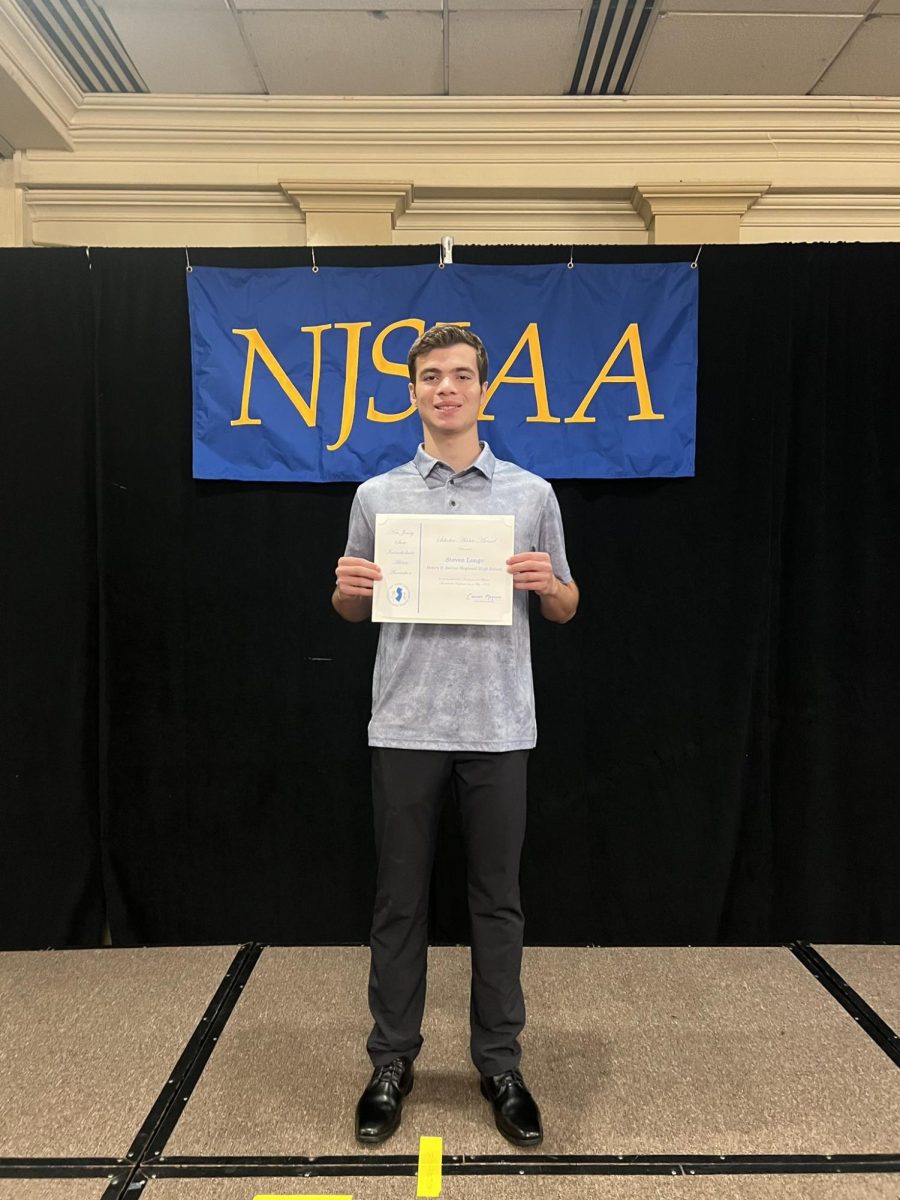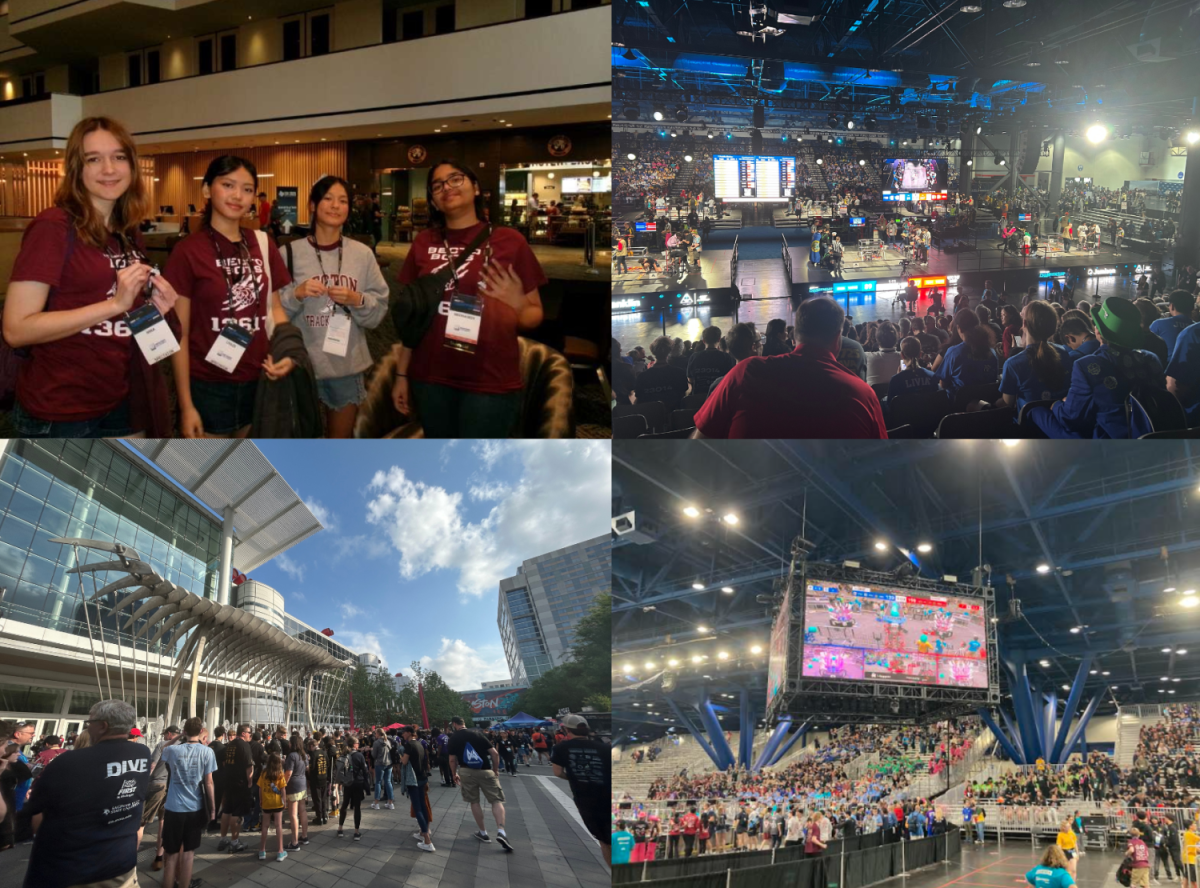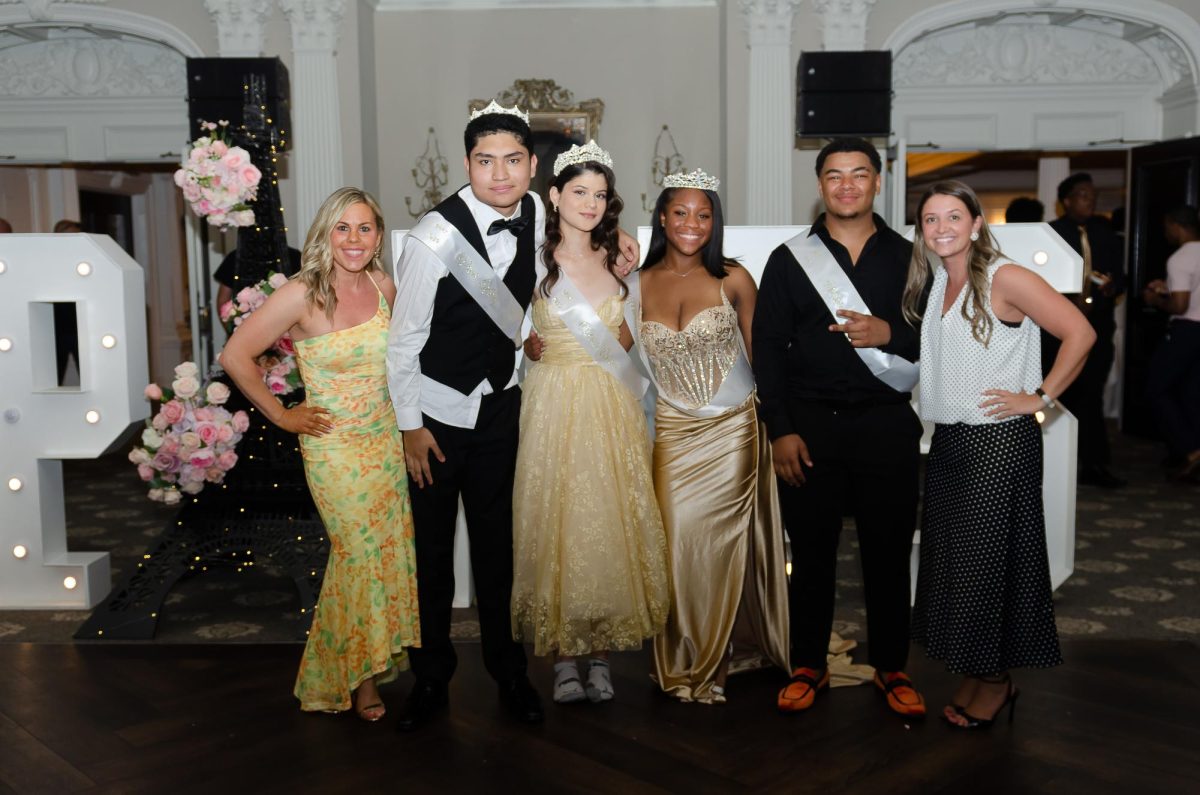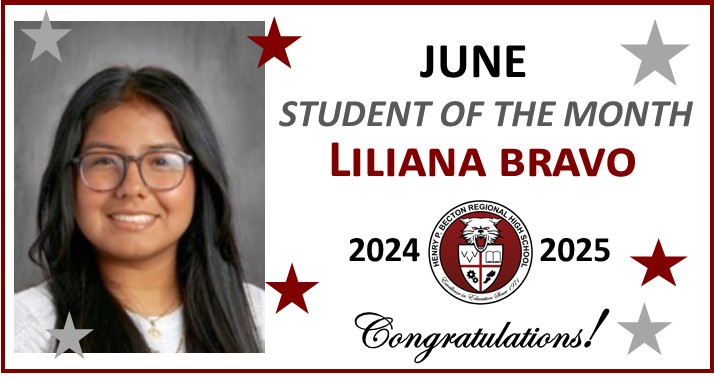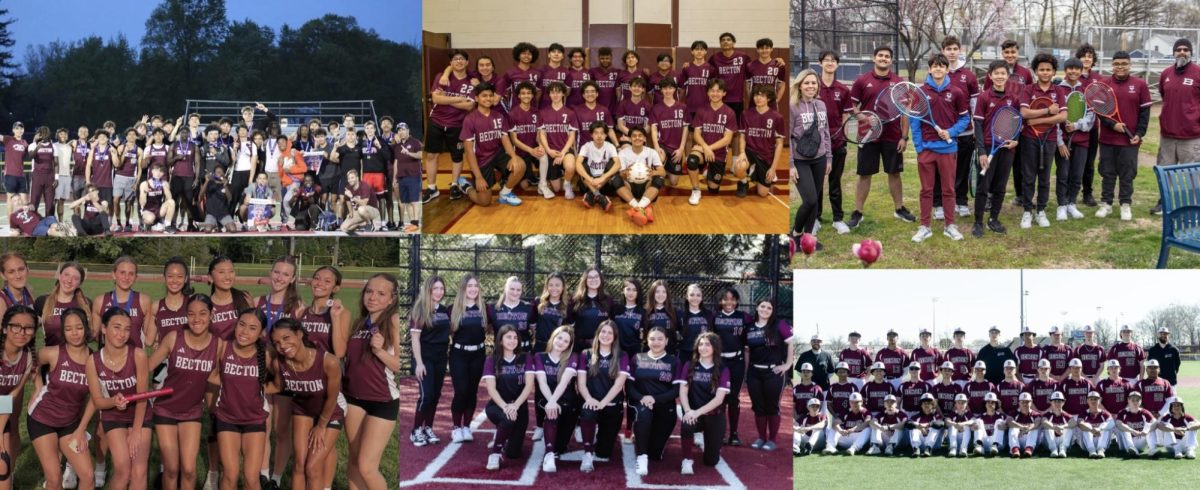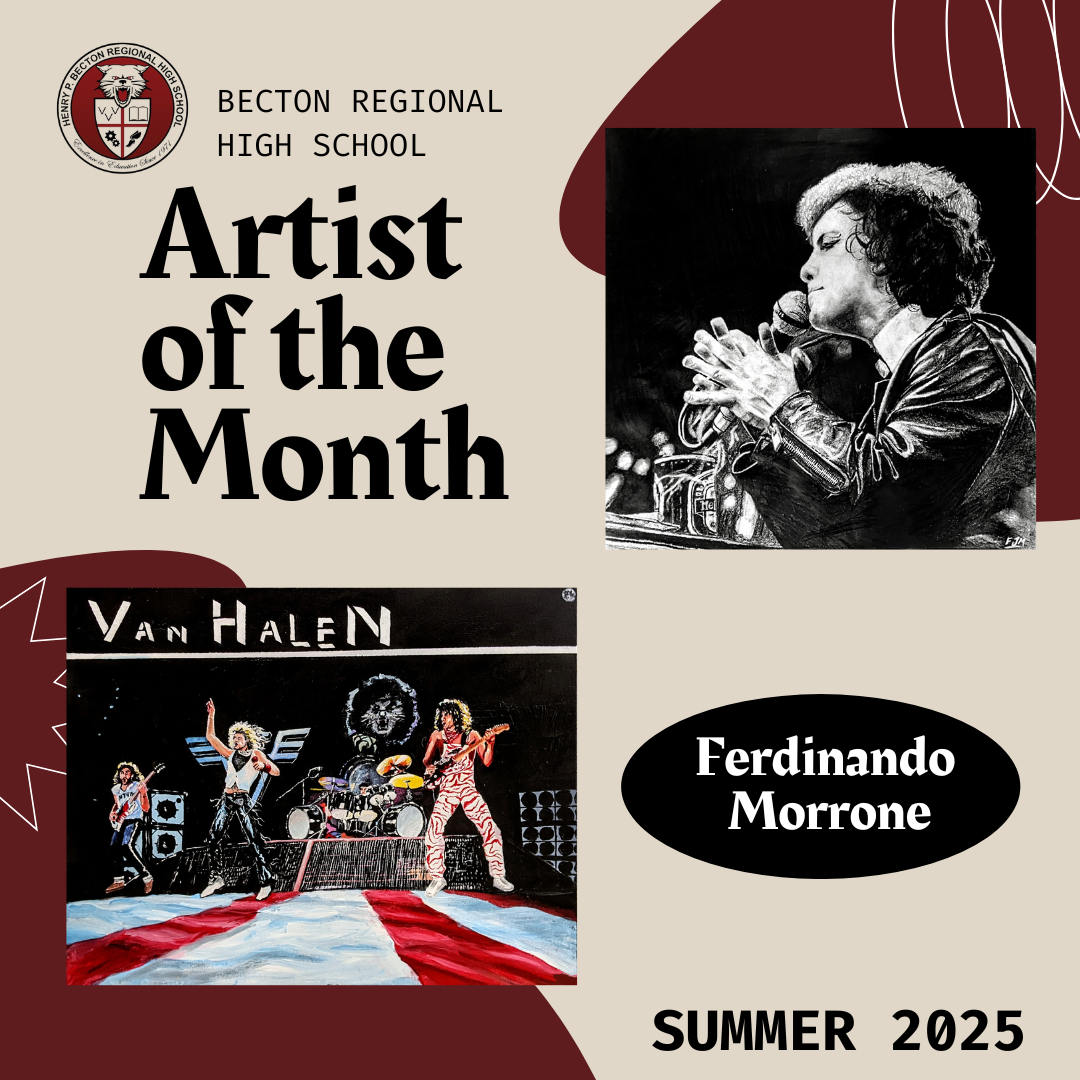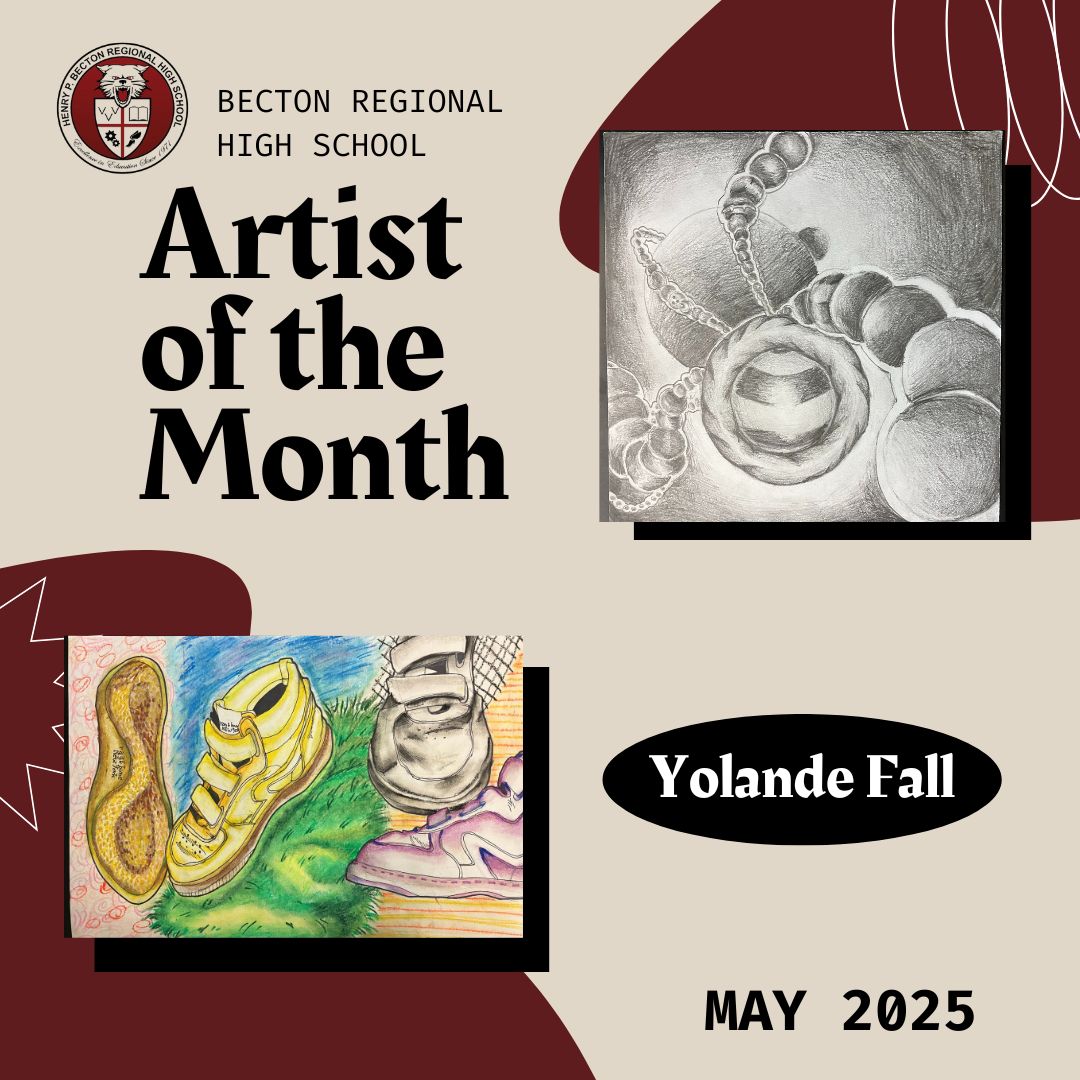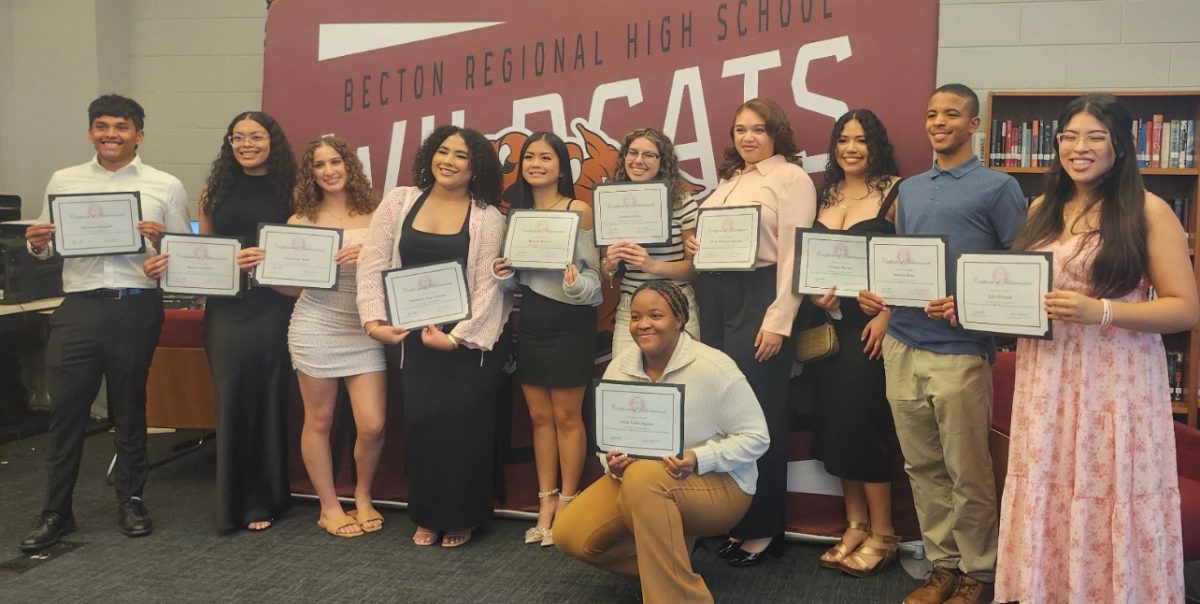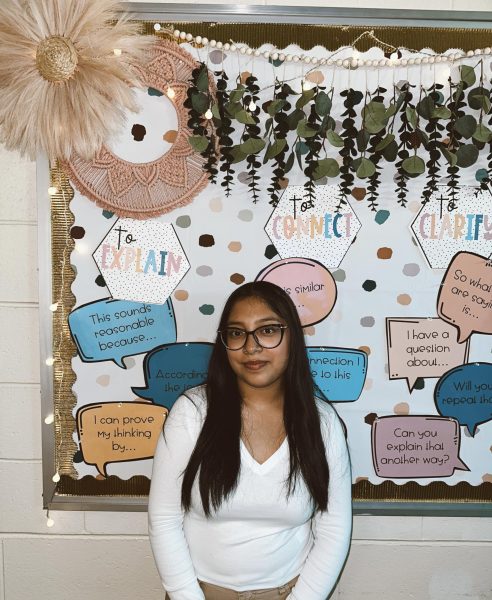Hispanic Heritage Month is celebrated from Sept. 15 through Oct. 15. The national holiday is celebrated to recognize the talents efforts, and impact that Hispanics have had on the United States. Hispanic Heritage Month originally began as a commemorative week when it was first introduced in 1968 by George E. Brown. The response gained momentum throughout the 1960s when the Civil War reached its peak and there was a rapid awareness of the United States’ multicultural identities. In 1988, President Lyndon B. Johnson expanded it to a 30-day period. The law was enacted on August 17, 1988. Currently, 21 countries recognize this holiday and celebrate it in various ways.
Latin Independence Dates within Hispanic Heritage Month:
- September 15 – Costa Rica, El Salvador, Guatemala, Honduras, and Nicaragua
- September 16 – Mexico
- September 18 – Chile
- September 21 – Belize
Latin Independence Dates outside of Hispanic Heritage Month:
- February 27 – Dominican Republic
- May 14 – Paraguay
- May 20 – Cuba
- July 5 – Venezuela
- July 9 – Argentina
- July 20 – Colombia
- July 28 – Peru
- August 6 – Bolivia
- August 10 – Ecuador
- August 25 – Uruguay
- September 7 – Brazil
- September 18 – Chile
- November 3 – Panama
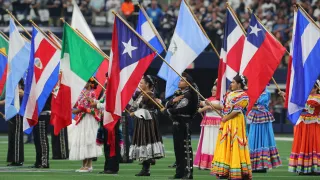
In the halls of Becton, our Spanish classes highlight the holiday with their students by discussing genres, food and traditions, and holidays that are celebrated in the Spanish world throughout the school year. Long-time Spanish teacher Debbie Sanchez has her students research influential Spanish speakers and present their findings in class for Hispanic Heritage Month. Spanish teacher Alexander Vargas incorporates the infusion of Hispanic culture by relating stories of growing up in a Hispanic household as well as highlighting famous Hispanics. Both of these are great methods to divulge into different cultures.
Both Spanish teachers shared a few reasons why they believe it is important to celebrate Hispanic Heritage Month. Sanchez stated, “I believe it is important to celebrate Hispanic Heritage Month because we can showcase different individuals (past and present) that have contributed to our overall society in terms of art, music, politics, traditions, food, civil rights movements, etc.” Vargas shares, “Highlighting the beauty of the culture, the brave men and women who fought for equality, and the role models who give hope to future generations.”
Some of Becton’s very own Wildcats wanted to fully explain what being Hispanic/Latino means to them. A senior explained, “I’m proud to be Hispanic because it is a community that feels like family. It’s a special bond where you are able to connect with someone who speaks the language.” Similarly, Junior Yaneesa Zapata affirms, “I love being a Latina and it was always engraved in my brain as a kid. I love all the memories and culture I grew up with and it makes me feel good to share that experience with others. This is the reason why I started a Latino club in order to share my culture and other Latin cultures with my community. It was a way to express something I am very proud of to others. I am most excited about all of the amazing ideas and events we have planned for the club!” In addition, Freshman Vanessa Uribe-Garcia voices, “To me, it means to keep your arms welcome to anyone and everyone. I love that I get to express my culture and embrace all it has to offer. It is an important part of who I am, and I love getting to experience all the wonderful traditions!” There is no doubt that the Becton Wildcats are passionate about their heritages and have a safe place to represent themselves within the halls of Becton.
Furthermore, there has been a wide shift in the representation of Hispanic/Latino culture in the media. With more positive outlooks being portrayed in TV, social media, and the music industry, Hispanic culture is no longer seen as just a minority culture but rather a culture that has a lot of diversity, influence, and power.
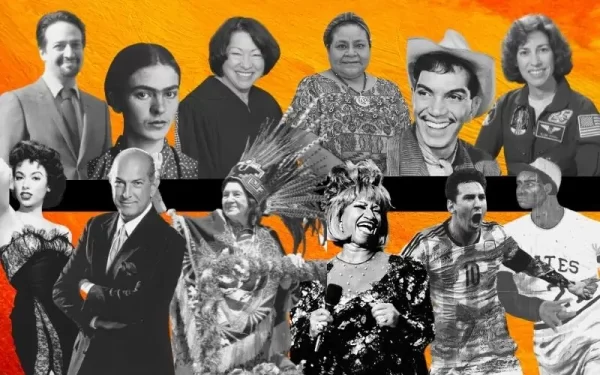
There are so many Hispanics who have made an impact on American Society. Some examples of significant figures include Selena Quintanilla, who is referred to as the “Queen of Tejano Music”, her contributions to music and fashion made her one of the most celebrated Mexican-American entertainers of the late 20th century, Sonia Sotomayor, who became the first Hispanic Supreme Court Justice of the United States, and Jose Andres, world-famous chef and founder of World Central Kitchen, which is a not-for-profit non-governmental organization devoted to providing meals in the wake of natural disasters. Sanchez adds, “There are so many Hispanics that deserve recognition because they have empowered others globally by sharing what it means to be Latino/Hispanic: They make us hard working, kind, appreciative of our roots, confident in speaking our minds, and overall inspired to promote tolerance to the cultures and languages around the world.”
During this month, let’s take a moment to honor and recognize the strength and resilience that Hispanics and Latinos have made on a global scale. There are many ways to get involved. Take the time to learn about the rich history, attend local parades that demonstrate typical Hispanic traditions and stories, listen to music, and eat authentic foods!
Sources:
https://www.history.com/topics/hispanic-history/hispanic-heritage-month
https://latino.si.edu/latin-independence-days


